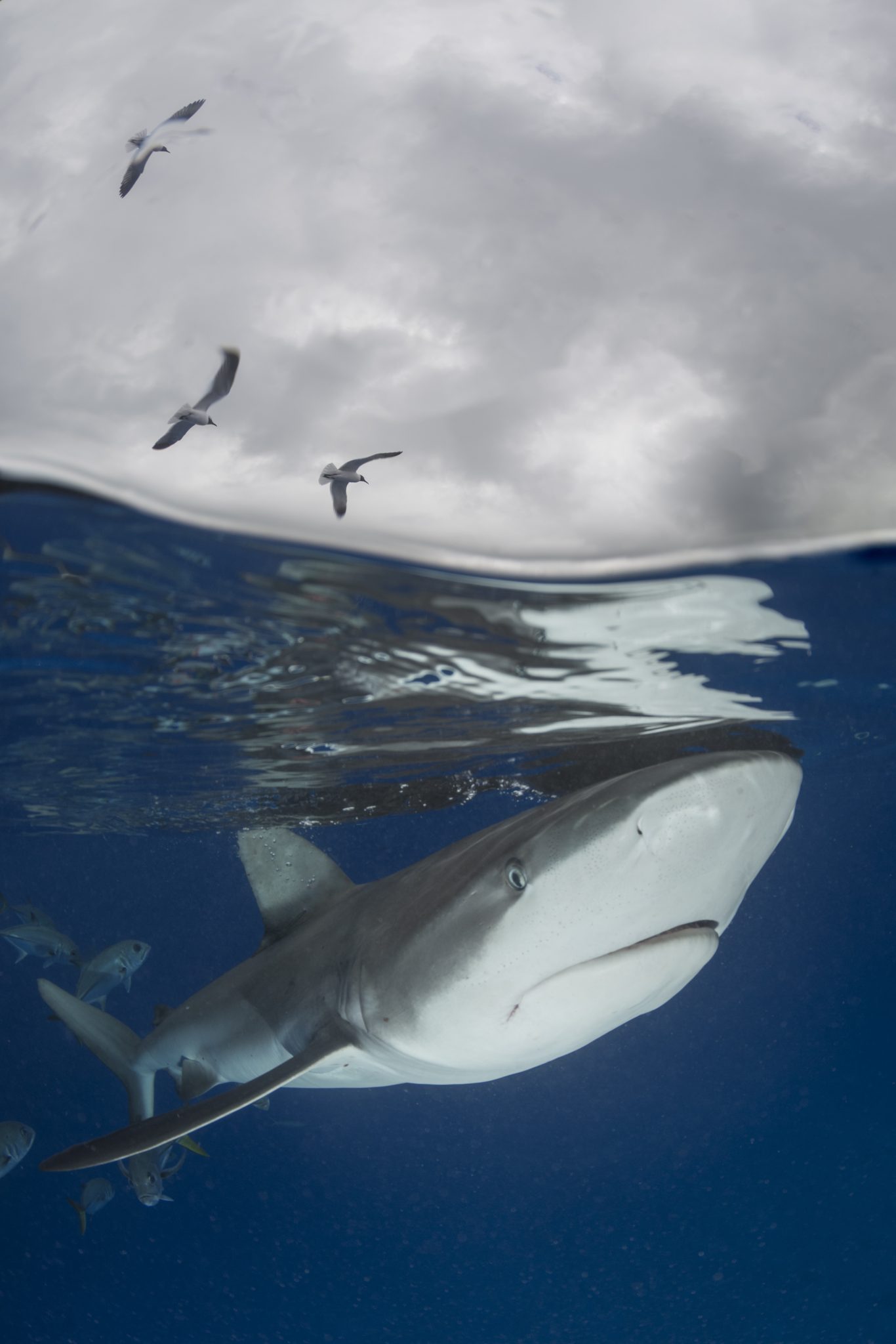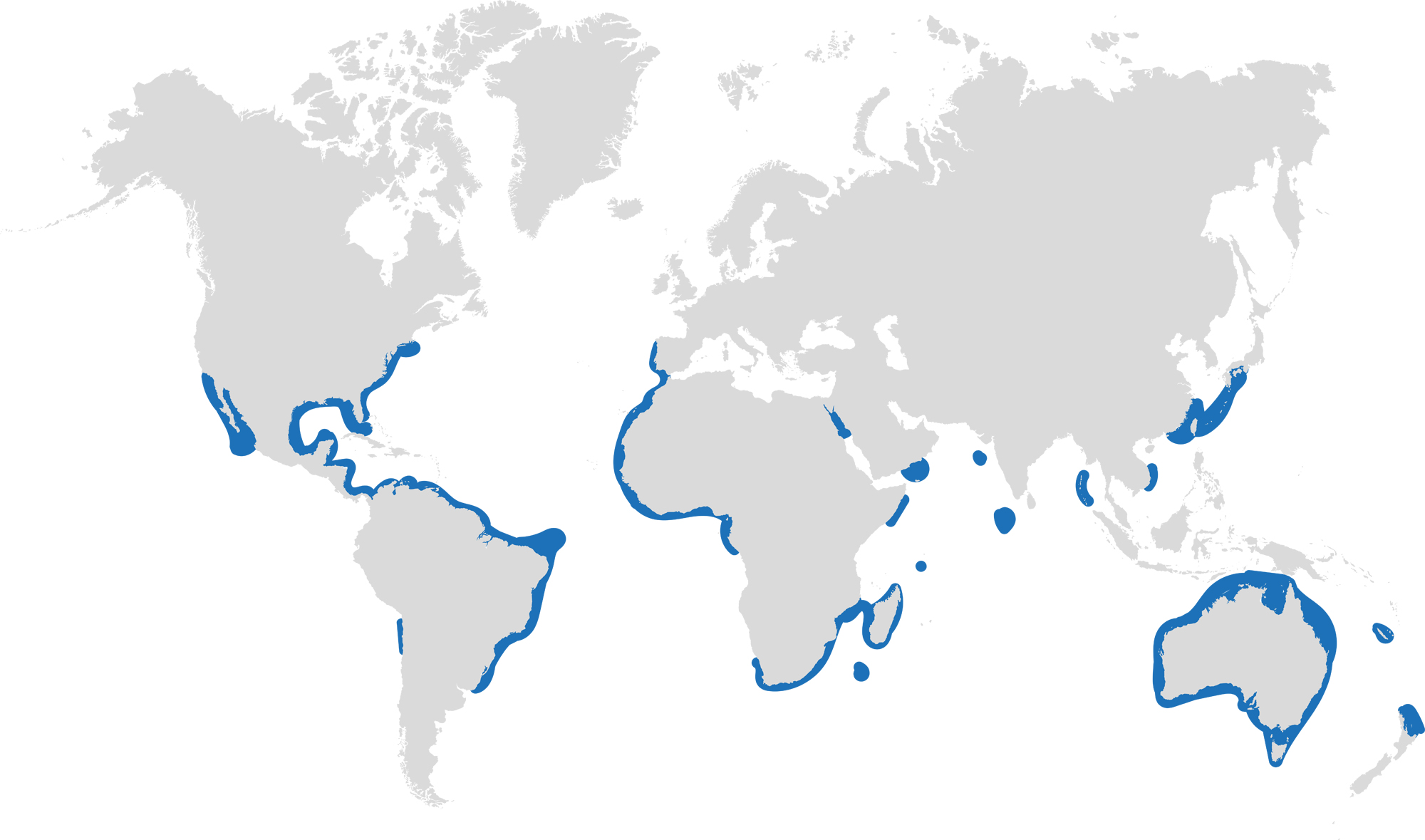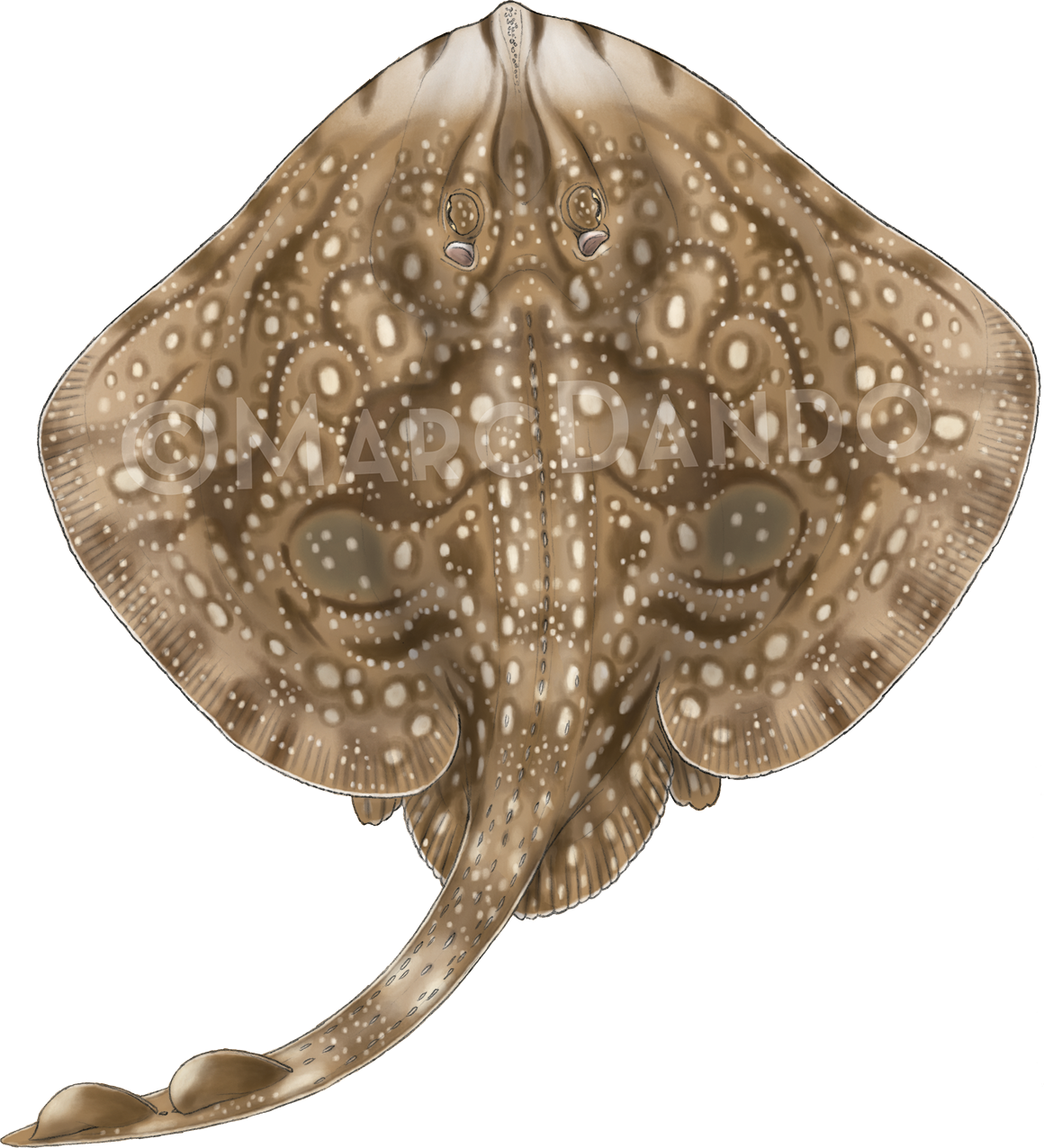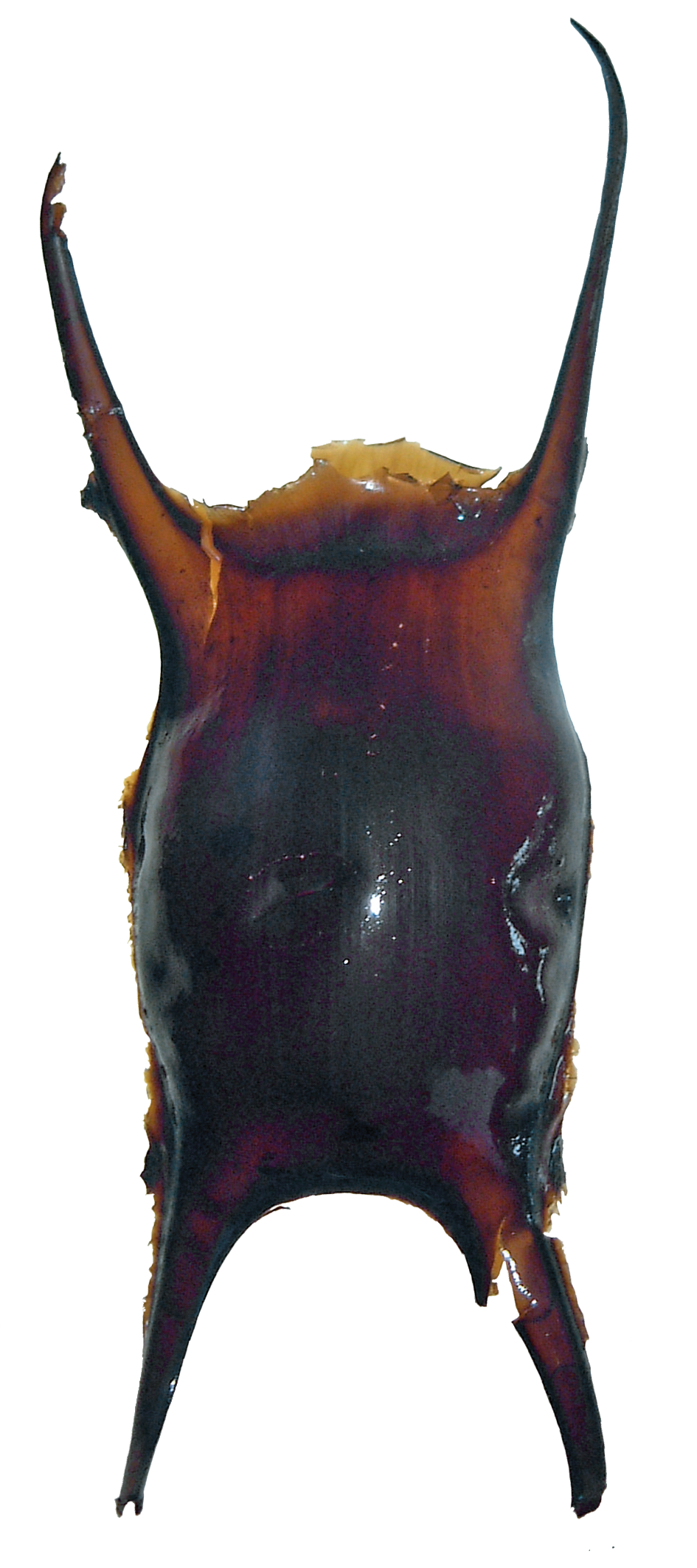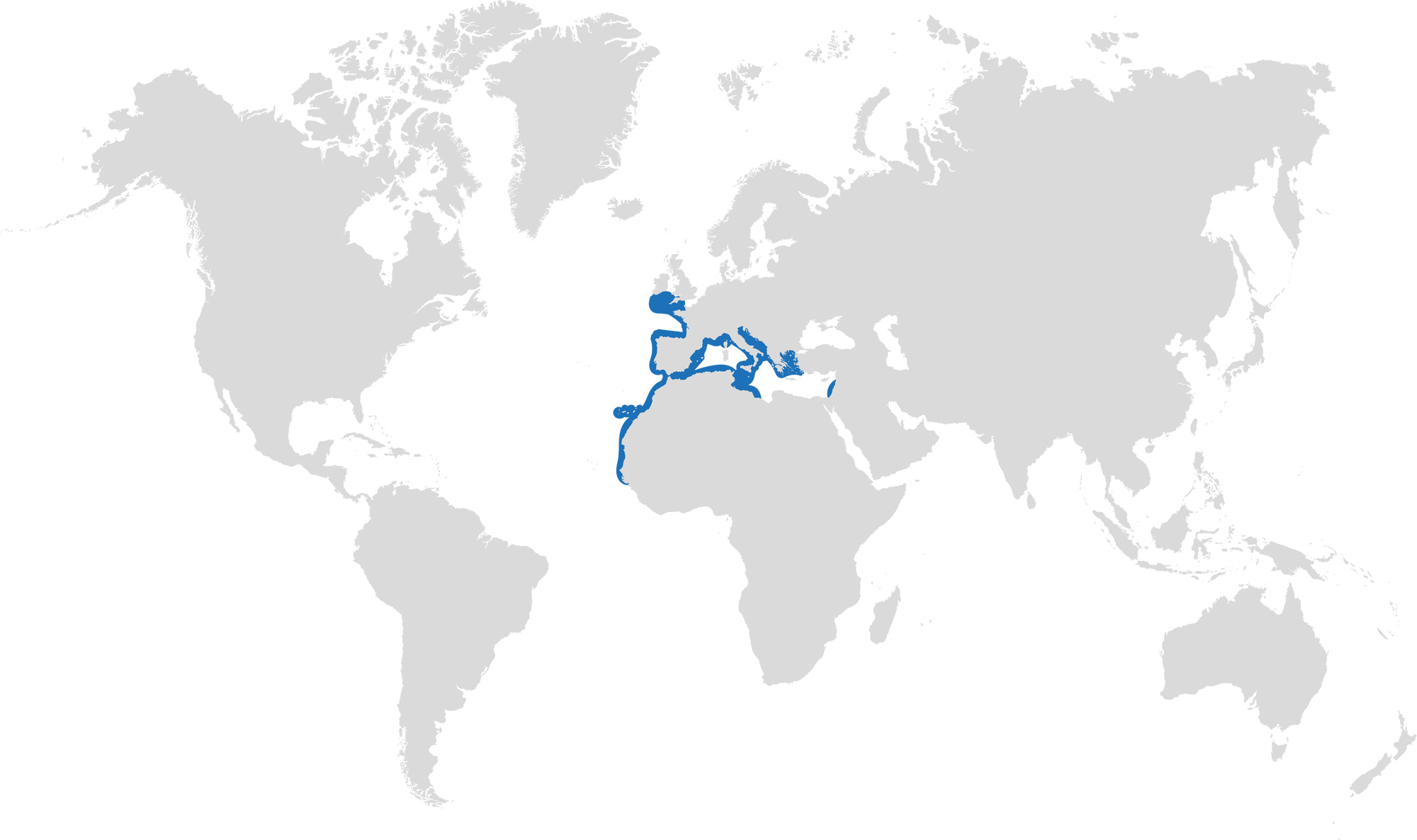Marine Life & Conservation Blogs
5 Facts People Who Fear Sharks Should Know

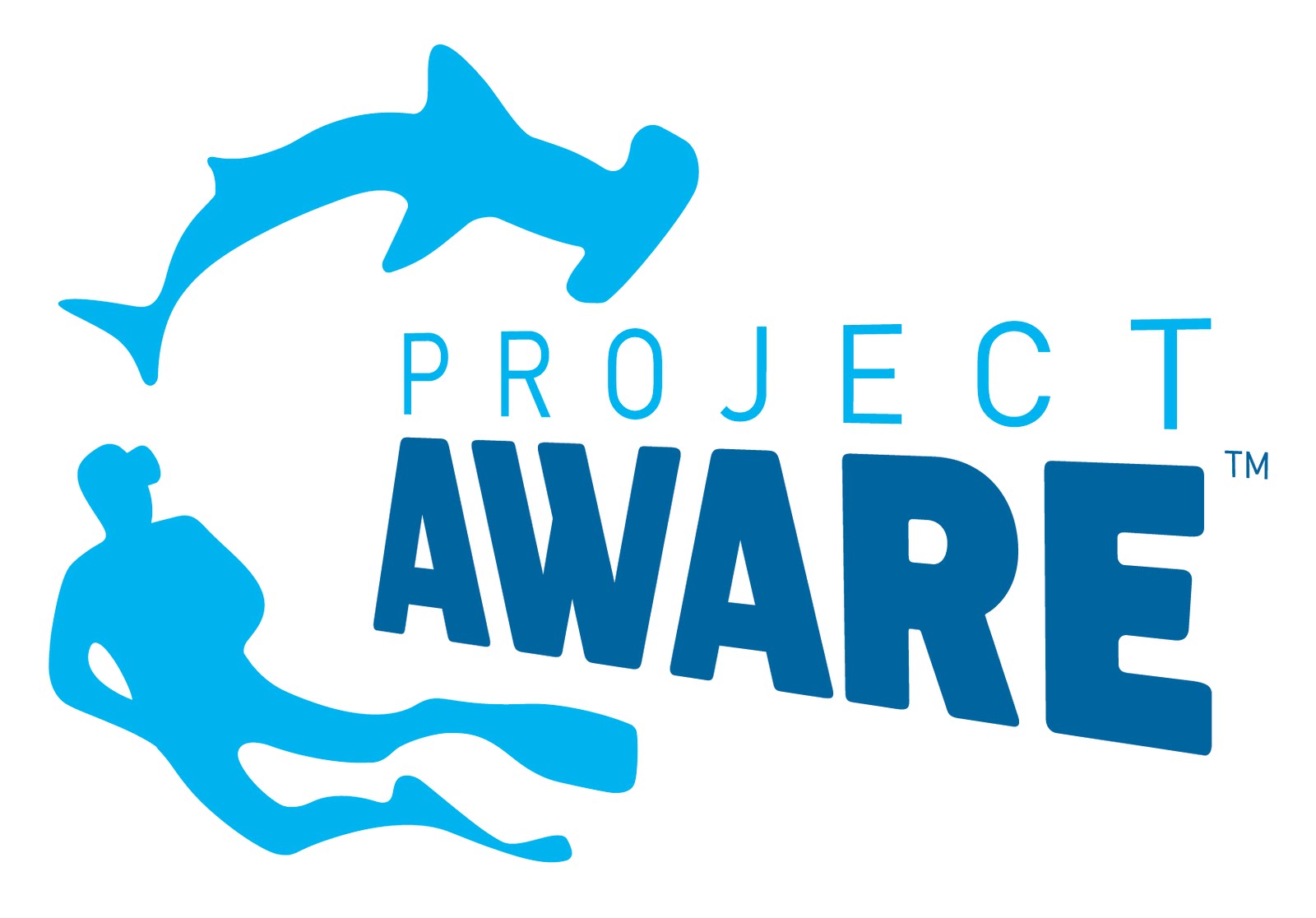 Sharks need you. Don’t fear sharks! Fear an ocean without them… Domino Albert, Project AWARE® Associate Director, Global Communications, kindly lets us share her latest blog…
Sharks need you. Don’t fear sharks! Fear an ocean without them… Domino Albert, Project AWARE® Associate Director, Global Communications, kindly lets us share her latest blog…
We’ve come a long way since the horror-filled days of the 70s Jaws film that has promoted widespread fear about, not just great whites, but sharks of any kind. But thanks to new science, advocacy and media tools – conservationists are busting long-standing shark myths and securing much-needed protections for some of the world’s most vulnerable shark species.
1. Sharks – Predators or Preys?
Think twice – Humans should be the ocean’s caretakers, and yet could actually be considered the real “monsters of the deep”. In too many places, we’re emptying the ocean of sharks. According to the results of the first-ever global study of extinction risk conducted by the IUCN Shark Specialist Group, 25% of the world’s sharks and rays are threatened with extinction.
2. There are 1000+ known shark and ray species globally
Some eat plankton, others love sea lions. Humans are not part of a shark’s natural diet but tens of millions of sharks are killed each year for their meat, fins, liver, and other products. As many fisheries are unregulated, catches are significantly under-reported. Scalloped Hammerheads are classified by IUCN as Globally Endangered on the Red List, making them amongst the most threatened of all highly migratory sharks. While not out of the woods, White Sharks are amongst the world’s most protected sharks.
Their closest cousins however, aren’t faring so well: wide-ranging mako sharks are heavily fished around the world without any international or even EU limits, while porbeagle sharks can still be landed in the US and Canada despite needing many decades to recover from overfishing.
3. Fishing, trade, and market controls are lacking
Demand for shark fins is driving the wasteful practice of finning while interest in shark and ray meat is growing in many places. Largely uncontrolled fishing and bycatch are driving many shark and ray populations to the brink of collapse. It’s up to us to use our power as citizens and consumers. Urge your policymakers to promote shark and ray safeguards, and don’t open your wallet to shark and ray products unless you’re sure they’re sustainable.
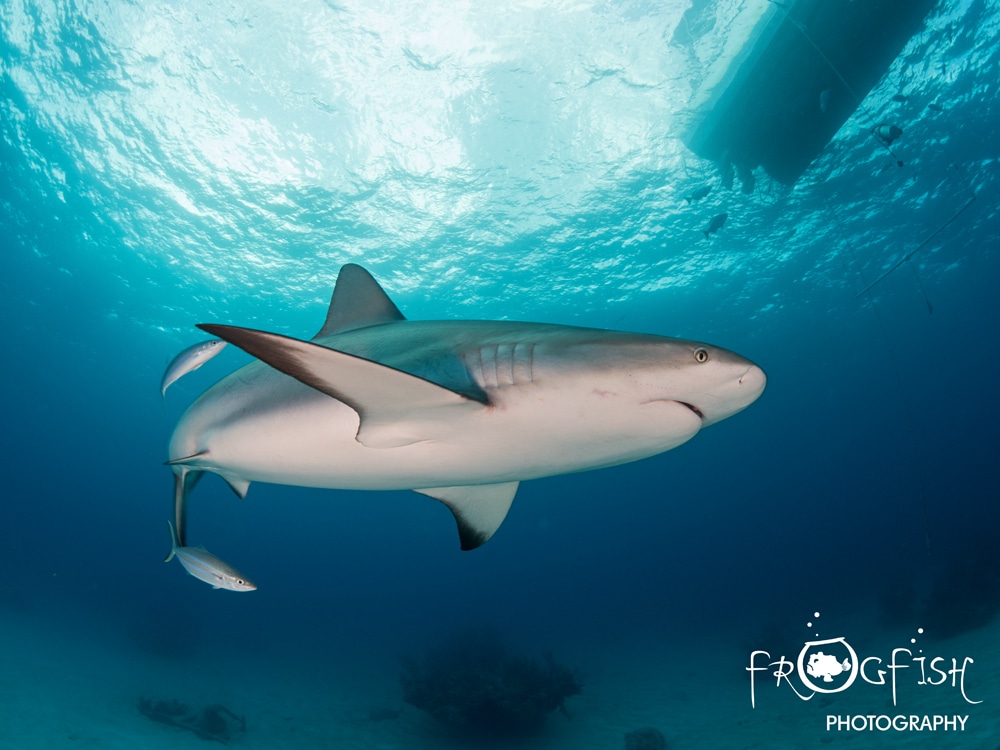
4. Diversity is key. There’s no single silver bullet for shark conservation
Different regions have different issues, resources, and approaches. It requires a strong portfolio of science-based and/or precautionary catch limits, effective shark finning bans, bycatch mitigation, area protections, trade measures, and consumer awareness at all levels – international, regional and local – to safeguard these diverse species. That said, even small steps can help. Donating to shark conservation goes a long way towards protecting the most vulnerable shark species.
5. Respect your elders
In 2016, scientists estimated that Greenland sharks are incredibly long-lived, reaching sexual maturity at ~150 years of age and living 400 years or more. This finding and inferences about the species’ vulnerability led to widespread calls for conservation action. They were heavily fished in the first half of the 20th century for their liver oil. Today, they are taken primarily as incidental catch in a variety of fisheries, and also targeted by vessels from Greenland and Iceland to supply the demand for dried and fermented meat.
Divers are some of sharks and rays’ closest and most influential allies. Together, we are creating a powerful, collective voice to influence change. With your support, we’ve secured some amazing victories for our underwater friends. But we’re far from done. Join the movement and support shark saving strategies for the future.
Sharks need you. Don’t fear sharks! Fear an ocean without them… #HealthySharksHealthyOcean
Find out more at www.projectaware.org.
Marine Life & Conservation Blogs
Creature Feature: Dusky Shark

 In this series, the Shark Trust will be sharing amazing facts about different species of sharks and what you can do to help protect them.
In this series, the Shark Trust will be sharing amazing facts about different species of sharks and what you can do to help protect them.
This month we’re taking a look at the Dusky Shark, a highly migratory species with a particularly slow growth rate and late age at maturity.
Dusky sharks are one of the largest species within the Carcharhinus genus, generally measuring 3 metres total length but able to reach up to 4.2 metres. They are grey to grey-brown on their dorsal side and their fins usually have dusky margins, with the darkest tips on the caudal fin.
Dusky Sharks can often be confused with other species of the Carcharhinus genus, particularly the Galapagos Shark (Carcharhinus galapagensis). They have very similar external morphology, so it can be easier to ID to species level by taking location into account as the two species occupy very different ecological niches – Galapagos Sharks prefer offshore seamounts and islets, whilst duskies prefer continental margins.
Hybridisation:
A 2019 study found that Dusky Sharks are hybridising with Galapagos Sharks on the Eastern Tropical Pacific (Pazmiño et al., 2019). Hybridisation is when an animal breeds with an individual of another species to produce offspring (a hybrid). Hybrids are often infertile, but this study found that the hybrids were able to produce second generation hybrids!
Long distance swimmers:
Dusky sharks are highly mobile species, undertaking long migrations to stay in warm waters throughout the winter. In the Northern Hemisphere, they head towards the poles in the summer and return southwards towards the equator in winter. The longest distance recorded was 2000 nautical miles!
Very slow to mature and reproduce:
The Dusky Shark are both targeted and caught as bycatch globally. We already know that elasmobranchs are inherently slow reproducers which means that they are heavily impacted by overfishing; it takes them so long to recover that they cannot keep up with the rate at which they are being fished. Dusky Sharks are particularly slow to reproduce – females are only ready to start breeding at roughly 20 years old, their gestation periods can last up to 22 months, and they only give birth every two to three years. This makes duskies one of the most vulnerable of all shark species.
The Dusky Shark is now listed on Appendix II of the Convention on the Conservation of Migratory Species (CMS), but further action is required to protect this important species.
Scientific Name: Carcharhinus obscurus
Family: Carcharhinidae
Maximum Size: 420cm (Total Length)
Diet: Bony fishes, cephalopods, can also eat crustaceans, and small sharks, skates and rays
Distribution: Patchy distribution in tropical and warm temperate seas; Atlantic, Indo-Pacific and Mediterranean.
Habitat: Ranges from inshore waters out to the edge of the continental shelf.
Conservation status: Endangered.
For more great shark information and conservation visit the Shark Trust Website
Images: Andy Murch
Diana A. Pazmiño, Lynne van Herderden, Colin A. Simpfendorfer, Claudia Junge, Stephen C. Donnellan, E. Mauricio Hoyos-Padilla, Clinton A.J. Duffy, Charlie Huveneers, Bronwyn M. Gillanders, Paul A. Butcher, Gregory E. Maes. (2019). Introgressive hybridisation between two widespread sharks in the east Pacific region, Molecular Phylogenetics and Evolution 136(119-127), https://doi.org/10.1016/j.ympev.2019.04.013.
Marine Life & Conservation Blogs
Creature Feature: Undulate Ray
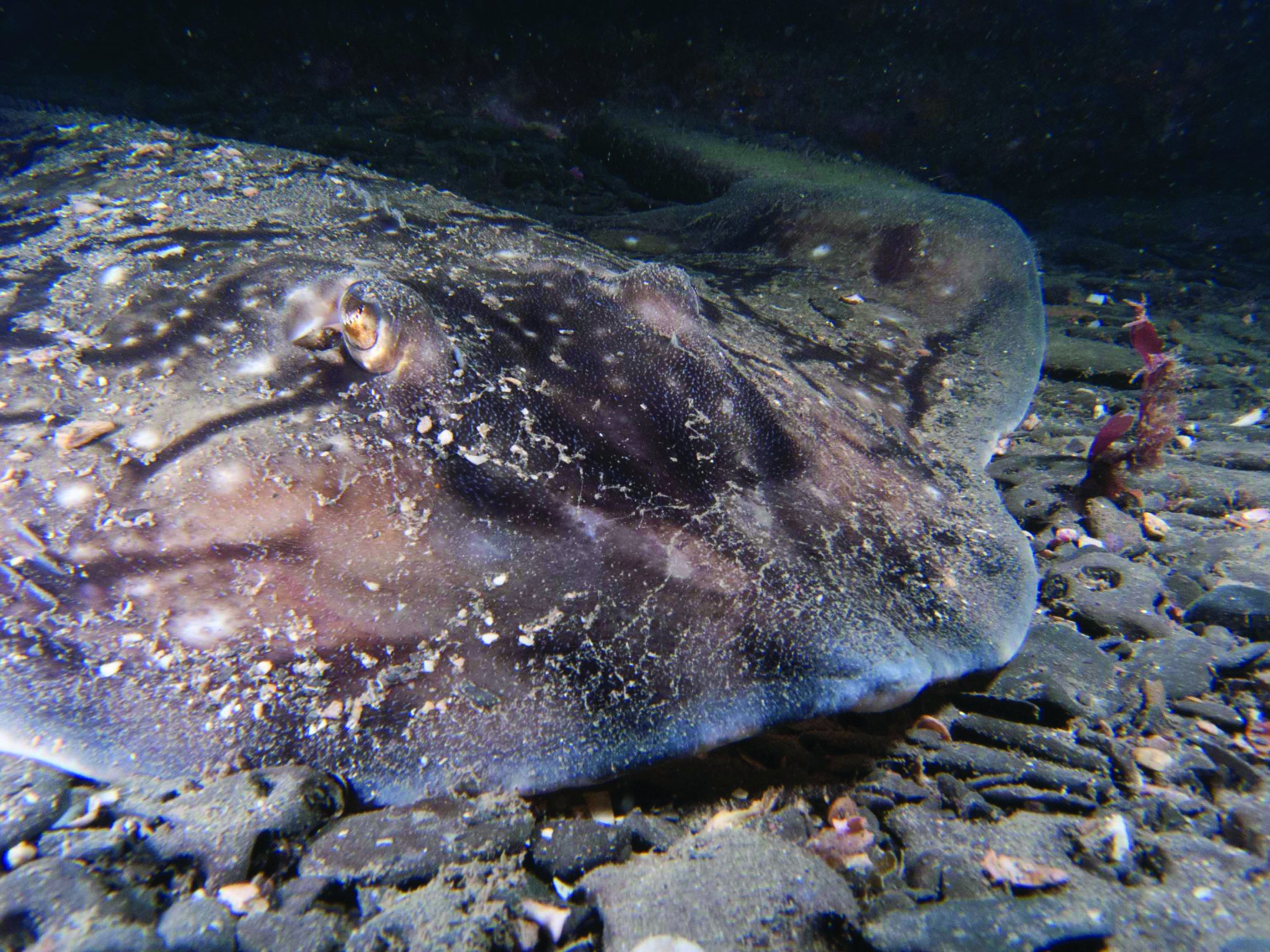
 In this series, the Shark Trust will be sharing amazing facts about different species of sharks and what you can do to help protect them.
In this series, the Shark Trust will be sharing amazing facts about different species of sharks and what you can do to help protect them.
This month we’re looking at the Undulate Ray. Easily identified by its beautiful, ornate pattern, the Undulate Ray gets its name from the undulating patterns of lines and spots on its dorsal side.
This skate is usually found on sandy or muddy sea floors, down to about 200 m deep, although it is more commonly found shallower. They can grow up to 90 cm total length. Depending on the size of the individual, their diet can range from shrimps to crabs.
Although sometimes called the Undulate Ray, this is actually a species of skate, meaning that, as all true skates do, they lay eggs. The eggs are contained in keratin eggcases – the same material that our hair and nails are made up of! These eggcases are also commonly called mermaid’s purses and can be found washed up on beaches all around the UK. If you find one, be sure to take a picture and upload your find to the Great Eggcase Hunt – the Shark Trust’s flagship citizen science project.
It is worth noting that on the south coasts, these eggcases can be confused with those of the Spotted Ray, especially as they look very similar and the ranges overlap, so we sometimes informally refer to them as ‘Spundulates’.
Scientific Name: Raja undulata
Family: Rajidae
Maximum Size: 90cm (total length)
Diet: shrimps and crabs
Distribution: found around the eastern Atlantic and in the Mediterranean Sea.
Habitat: shelf waters down to 200m deep.
Conservation Status : As a commercially exploited species, the Undulate Ray is a recovering species in some areas. The good thing is that they have some of the most comprehensive management measures of almost any elasmobranch species, with both minimum and maximum landing sizes as well as a closed season. Additionally, targeting is entirely prohibited in some areas. They are also often caught as bycatch in various fisheries – in some areas they can be landed whilst in others they must be discarded.
IUCN Red List Status: Endangered
For more great shark information and conservation visit the Shark Trust Website
Image Credits: Banner – Sheila Openshaw; Illustration – Marc Dando
-

 News3 months ago
News3 months agoHone your underwater photography skills with Alphamarine Photography at Red Sea Diving Safari in March
-

 News3 months ago
News3 months agoCapturing Critters in Lembeh Underwater Photography Workshop 2024: Event Roundup
-

 Marine Life & Conservation Blogs2 months ago
Marine Life & Conservation Blogs2 months agoCreature Feature: Swell Sharks
-

 Blogs2 months ago
Blogs2 months agoMurex Resorts: Passport to Paradise!
-

 Blogs2 months ago
Blogs2 months agoDiver Discovering Whale Skeletons Beneath Ice Judged World’s Best Underwater Photograph
-

 Marine Life & Conservation2 months ago
Marine Life & Conservation2 months agoSave the Manatee Club launches brand new webcams at Silver Springs State Park, Florida
-

 Gear Reviews3 months ago
Gear Reviews3 months agoGear Review: Oceanic+ Dive Housing for iPhone
-

 Gear Reviews2 weeks ago
Gear Reviews2 weeks agoGEAR REVIEW – Revolutionising Diving Comfort: The Sharkskin T2 Chillproof Suit















